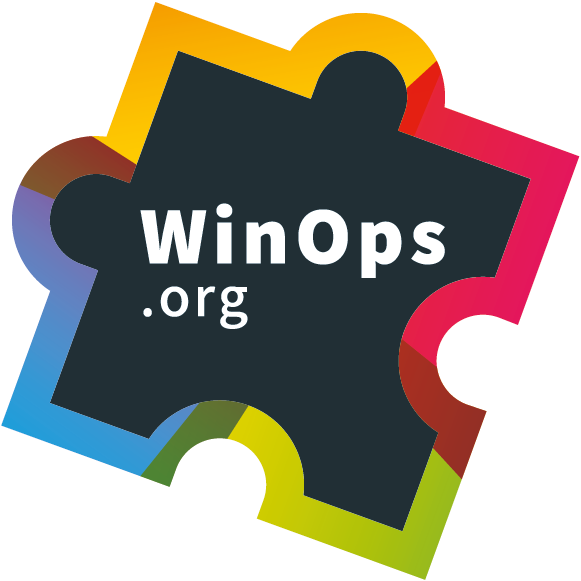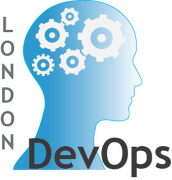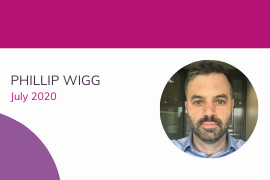DevOps Engineers are in high demand due to growing digitalisation from the pandemic and the high skillset required to fulfil the role. However, they are an opportunity to develop innovative projects and collect a vast skillset that is easily transferable.

The future looks bright for a DevOps Engineer as the DevOps market is expected to increase by £9.77billion in the three next years and has a current median salary hitting between £80-£90,000. Therefore, if you have the skills and an interest in DevOps it is a role worth looking into.
What is a DevOps Engineer?
DevOps is a portmanteau of an IT organisation’s development (Dev) and operations team (Ops). Collaborating the two increases productivity and oversees the efficient release of new software code and products. DevOps Engineers are responsible for a piece of software or an application from development through testing, infrastructure deployment, application deployment, and end-user feedback. The various roles they take on include:
- Spinning and automating infrastructure
- Writing CI/CD pipelines
- Creating and configuring container orchestrators
- Working closely with developers to write well-designed microservices architectures.
- Designing DevOps strategies
- Designing observability platforms and recommendations for various teams
- Providing platform and infrastructure recommendations and advice to development team

How to become a DevOps Engineer:
It is evident from the long list of roles required of a DevOps Engineer that one of the most important things to display to an employer is a strong technical skillset and knowledge of DevOps tooling. Companies are looking for experienced people in the industry who have a passion for the subject. The best way to ensure that you have covered all skills required is by breaking them into three categories; Core Technical Skills, DevOps Technical Skills, and Soft Skills which will help you further your career and your ability to progress through the industry.
Core Technical Skills:
This area covers the general knowledge or the fundamentals of software development. Experience in a public cloud platform such as (AWS, Azure, or GCP) will be vital. Knowledge of Linux or Windows, programming languages, networking fundamentals, and cloud platforms are important. You will need to know basic programming concepts such as loops, variables, arrays, lists, etc. These will be essential when scripting and automating your workloads as well as modifying some code.
DevOps Technical Skills:
Being familiar with the tools and processes that are common in DevOps roles is important, even if you are not using them. Understanding Containerisation will set you in good stead as it is often used in CI/CD pipelines, production workloads, and microservices architectures. Continuous Integration (CI), Continuous Delivery (CD) and Continuous Deployment (CD) pipelines are the production line in a company that undertakes software engineering processes. The CI pipeline builds and tests code to make sure it can be integrated into the main branch, and a CD pipeline acts as an extension of that to ensure it can be deployed.
Infrastructure as code (IaC) is a practice where you create, construct and update your infrastructure by writing code and applying it. IaC can be either declarative (you describe the outcome, and the tool makes it happen) or imperative (what you request gets created every time). When writing infrastructure as code you will be doing either Configuration Management or Orchestration. Container Orchestrators allow you to run containers across one or multiple servers, making them ideal platforms to run microservices. It also helps to know a lot about security and understand the type of vulnerabilities involved in a system you are designing.

Soft Skills:
Soft skills are the most transferable as they can be applied to any role. As with many jobs, particularly in DevOps Engineering; communication is key. Being able to write clearly and concisely is important, also packaging your work so it is easy to understand and use without being an expert. It is also important to spend time arranging your code and artifacts for clarity and efficiency. A fundamental tenet of DevOps is collaboration and so your communication skills will be key to a successful career in DevOps.
What you can do to set yourself apart:
If you are looking to stand out from the crowd, there are master’s courses in software development that can be taken online to enable you to study and still focus on your current job. Specialising in software development over general computer science or maths will you give you the edge over others as it is directly applicable. Getting immersed in DevOps culture and organisations is a great way to show your interest. DevOps culture is as much about people as it is technical know-how. Many programmers are technically competent but don’t fully understand the cultural aspect. If you want to get more involved in the DevOps community, check out London DevOps and WinOps.
DevOps certificates are a great way to show your commitment and passion for the subject. They are particularly useful for someone who has not specialised in software development in their degree. Hosted by certain companies, they aim to educate you on using their tools and services, with a view to hiring those who partake in the course. It is an excellent opportunity to boost your tech skills and knowledge of the latest DevOps trends. That’s why at Prism we offer free certifications for all our placements. Here are some examples of certification providers:

Amazon (DevOps Engineer) – Google – Microsoft –Kubernetes Administrator
With a combination of soft and hard skills, you will be well equipped for taking on the role of a DevOps Engineer.
If you’re interested in becoming one, get in touch with one of our specialists at 020 3800 1234 or have a look at our available roles.









